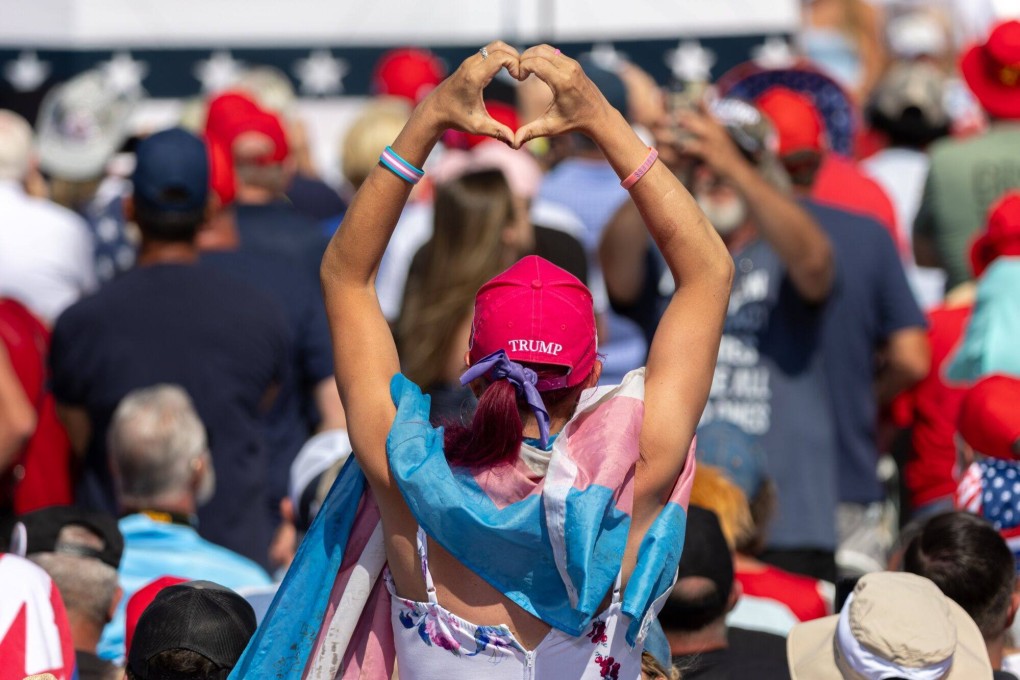Macroscope | Investors need to grasp the gravity of Trump and Le Pen threat
- US and European politics are entering a new and much more dangerous phase that has major consequences for the global economy and markets

Are financial markets starting to take political risks in the United States and Europe more seriously? Over the past week there have been indications that global investors are waking up to the renewed populist threat in advanced economies.
In prediction markets, where punters bet on the outcomes of particular events, Trump is a shoo-in to win the presidential election on November 5. According to RealClearPolitics, which aggregates a number of spread betting sites to produce an average probability of a candidate winning, the odds of a Biden victory have fallen from 35 per cent just before the debate to 13.7 per cent. Trump’s chances, meanwhile, currently stand at 55 per cent, up from 43 per cent two months ago.
Moreover, investment banks have begun to focus on the implications of Trump’s economic and trade policies. Morgan Stanley believes the former president’s pledge to clamp down on immigration and impose more punitive tariffs on imports would cause America’s economy to slow more sharply. This would heighten expectations of steeper cuts in interest rates even though inflation would reaccelerate.
French stocks and bonds have come under pressure amid concerns about a post-election populist spending spree that would put France on a collision course with the European Commission. The gap between the yield on French 10-year bonds and its German equivalent – a key gauge of risk in the euro zone – has risen sharply.
